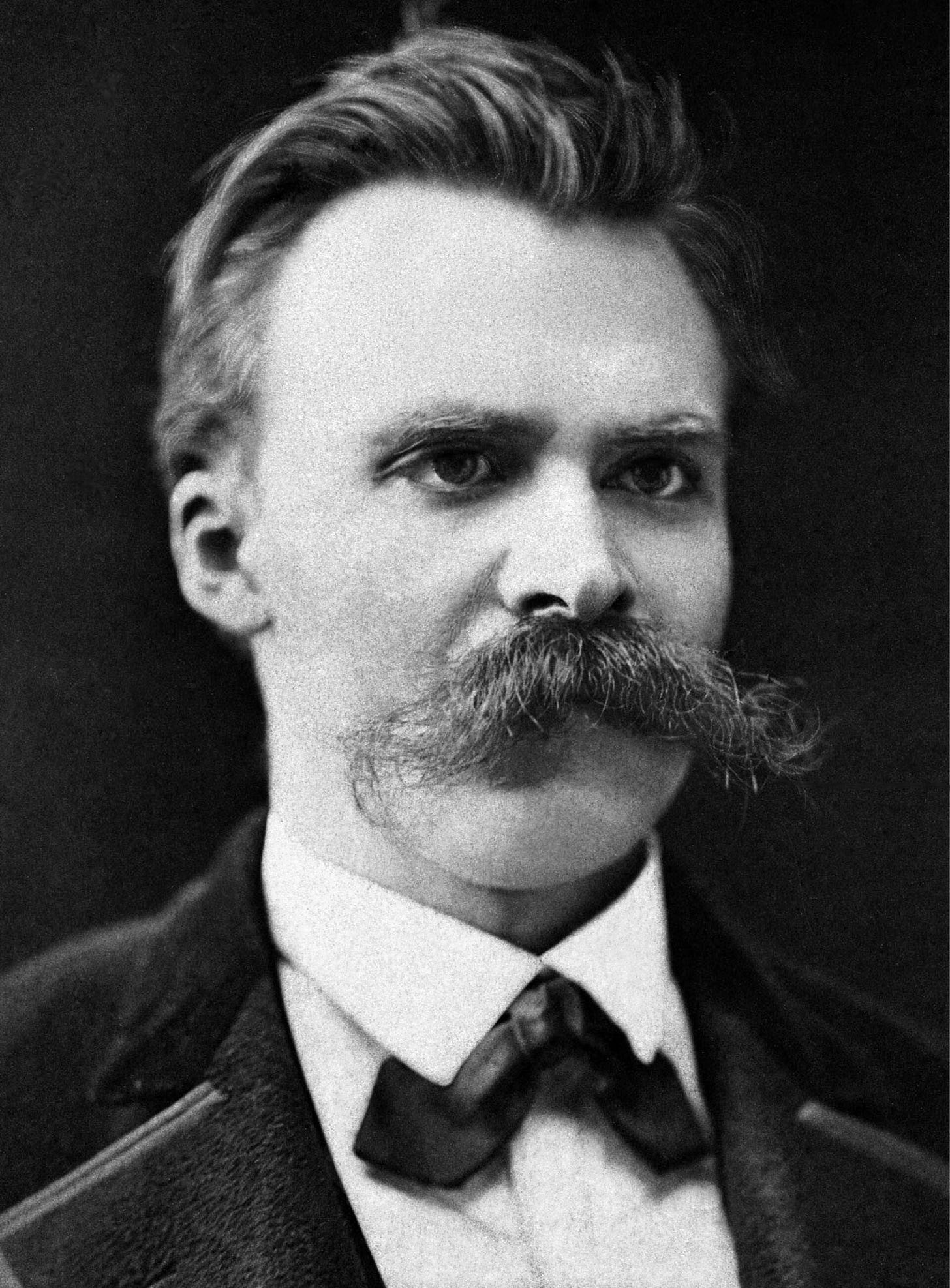The New Nihilism
Human loyalties, uprooted from accustomed soil, can be seen tumbling across the landscape with no scheme of larger purpose to fix them. Individualism reveals itself less as achievement and enterprise than as egoism and mere performance. —Robert Nisbet, The Twilight of Authority
Who sees nearby the condition of a people which has lost faith in its ancient history and has fallen into a restless cosmopolitan choice and a constant search for novelty after novelty. The opposite feeling, the sense of well-being of a tree for its roots, the happiness to know oneself in a manner not entirely arbitrary and accidental, but as someone who has grown out of a past, as an heir, flower, and fruit, and thus to have one’s existence excused, indeed justified, this is what people nowadays lovingly describe as the real historical sense. —Friedrich Nietzsche, “On the Use and Abuse of History for Life”
In March 2022, the Quinnipiac Poll examined Americans’ views of the Russian invasion of Ukraine that had begun the month before.
The pollsters found strong support for a suite of actions in support of Ukraine. Notably, nearly eight-in-ten endorsed a direct U.S. military response if Russia attacked a member of the North Atlantic Treaty Organization (NATO). In a bracing burst of realism, by a margin of 60-28 percent, respondents believed that Putin was prepared to use nuclear weapons against NATO countries.
The pollsters brought things home: “If you were in the same position as Ukrainians are now, do you think that you would stay and fight or leave the country?”
Fifty-five percent said they would stay and fight; thirty-eight percent said they would leave the country.
Those who would flee were not asked where they would go.
Keep reading with a 7-day free trial
Subscribe to The New Nationalist™ to keep reading this post and get 7 days of free access to the full post archives.



